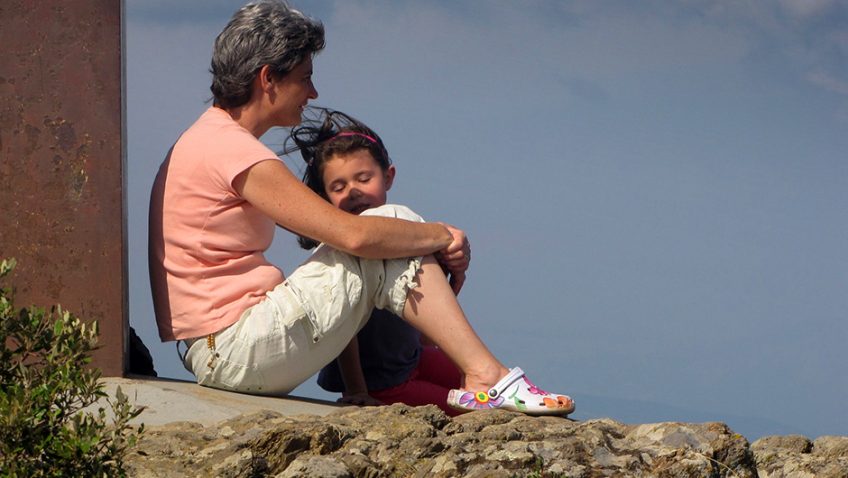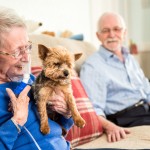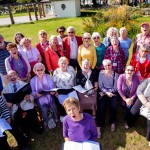If you or someone you know has a lung condition, then hopefully you have heard of Pulmonary Rehabilitation (PR). Why only hopefully? Because, alarmingly, PR has very low referral, attendance and completion rates.
Pulmonary rehabilitation is a programme of exercise and education for people with a long-term lung condition and successful engagement can be life changing.
Pulmonary rehabilitation is designed for people with lung conditions and tailored especially for them. It involves information on looking after your body and your lungs, and advice on managing your condition and your symptoms, including feeling short of breath. PR is designed for people who are severely breathless. The PR team will be made up of trained health care professionals such as physiotherapists, nurses and occupational therapists.
There is overwhelming evidence demonstrating the positive outcomes of PR, yet availability of courses across the country is patchy; patients are up against a postcode lottery and hefty waiting times when it comes to accessing this invaluable treatment.
The COPD Audit England and Wales 2015 (Royal College of Physicians) report that of the nearly half a million people meeting the eligibility criteria for PR, only 68,000 (15%) were referred during the audit period.
What’s more, research has shown that of those patients who were referred for PR, less than half completed their course. Waiting times for enrolment to PR (from receipt of referral) were highly variable, with a significant 37% of patients having to wait longer than three months to start treatment.
This situation is a great concern. The British Lung Foundation (BLF) would like to see everyone who is eligible for PR referred; they stress how effective the course is and that completion is key.
Those who are referred and begin a course, will be in a group of about eight to 16 people. A course usually lasts six to eight weeks, with two sessions of about two hours each week. PR courses are held in local hospitals, community halls, leisure centres and health centres.
Completing a course of PR is a good way to learn how to exercise safely and at the right level for you. Most people enjoy the course and find that it builds confidence and is an opportunity to meet other people who are in a similar situation.
Pat Goodacre, 75, is one of many people who have benefitted from PR. She is a grandmother to three children and a qualified health instructor.
After experiencing symptoms, including struggling to breathe while exercising, after a long 12 months, Pat was finally diagnosed with the debilitating lung condition, Chronic Obstructive Pulmonary Disease (COPD), in 1994.
Despite the diagnosis Pat was determined to continue with life as usual and qualified as a fitness instructor, teaching exercise to older people and those with disabilities.
In 2000, Pat began PR and has never looked back. PR allowed Pat to learn how to manage her illness by herself. Inspired by her experience, Pat set up a series of post PR exercise classes for people living with COPD, to encourage patients to continue exercising once completing the programme. The classes are popular and keep patients motivated and active socially. They are integral to improving overall health and wellbeing.
While it is not a cure, PR can help people make the most of the lung function they have. There’s evidence that it improves patients’ ability to walk further, helps people feel less tired and breathless doing day-to-day activities and reduces the risk of ending up in hospital.
Breathe Easy Week is The British Lung Foundation’s annual awareness event and focuses on lung health. This year the theme is ‘love your lungs’. If you have a lung condition, PR is a natural way to look after your lungs and take control of your health; it can give patients the chance to understand and manage their condition, know the best level of exercise for them and take away the fear factor of getting active.
For more information on PR and Breathe Easy Week 2018, visit: www.blf.org.uk





